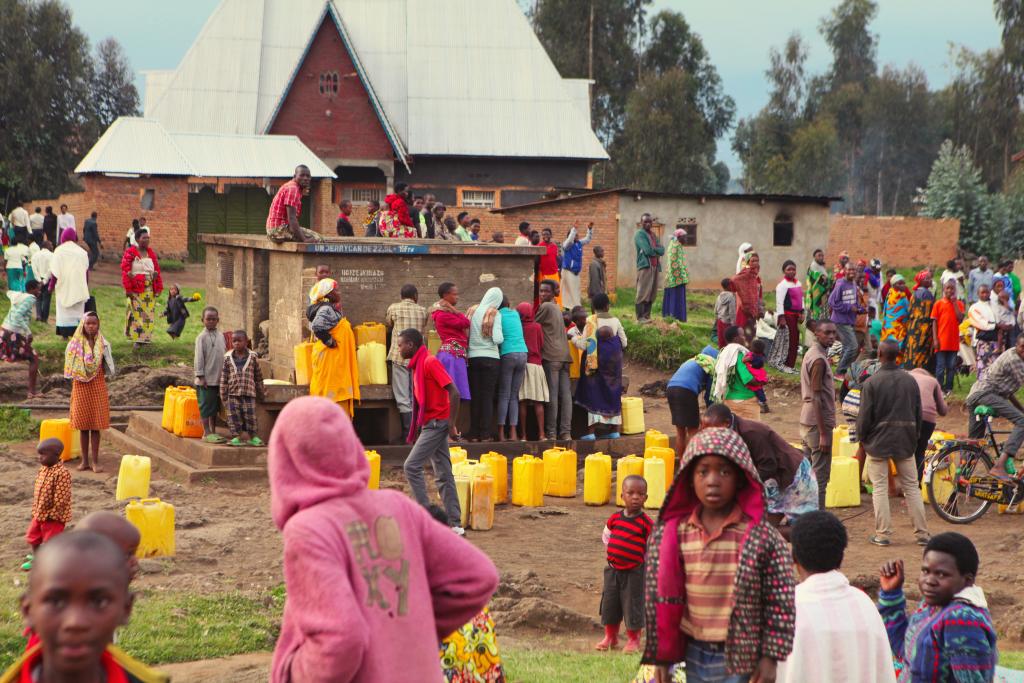“The outcome went well beyond my expectations and this is all owing to the outstanding project team - Olga, McPherlain and Seulgi -- and particularly to their commitment and excellent research and writing skills”, said Dr Assia Alexieva, Head of Monitoring, Evaluation, Risk and Performance Unit; Capstone Partner from the WMO; and alumna of the Graduate Institute. “The Team managed to target the report well to the WMO community and make it relevant to our Members and the National Meteorological and Hydrological Services, which was critical to ensuring its utility and take-up”.
The students’ work was conducted within the requirements of their Capstone Project, which pairs groups of students from the Institute’s Interdisciplinary Masters’ programmes with organisations in International Geneva to conduct research responding to today’s global challenges. WMO provided the research scope and questions, while the Capstone project team reviewed the existing literature, collected, categorised and analysed the data.
“Coming from very diverse backgrounds this was a privilege and a great learning experience for us”, explained Mr Chungu. “The process taught us how to cooperate and respect one another. This publication was truly born from hard work and real collaboration and cooperation. And importantly, we have valued the lifelong relationships we have made throughout the process."
Based on 18 case and three in-depth studies, the report found that climate and weather impacts are not gender neutral, experienced differently by men and women depending on other social determinants such as “economic status, location, age, disability and marital status”.
“The link between gender and climate change is rarely ever made, many believe it does not exist”, said Mr Chungu on behalf of his team. “We believe that our findings will respond substantially and factually to this crucial link and highlight what the relationship between gender and climate change means for various regional contexts and at a global level.”
Courses on climate change offered at the Graduate Institute and in the Environment, Resources and Sustainability Track of the Interdisciplinary Masters Programmes:
- Climate and History: What the Past Can Tell Us about the Present and the Future, Professor Susanna Hecht
- Climate Change and International Law, Professor Anne Saab
- Climate Science and Policy, Michel Jarraud, Visiting Professor and Secretary General Emeritus, World Meteorological Organization
- Global Climate Negotiations from Rio to Paris, Sandeep Sengupta, Visiting Lecturer and Global Coordinator, Climate Change at the International Union for Conservation of Nature (IUCN)
Keywords: Master in International Affairs, Master in Development Studies


